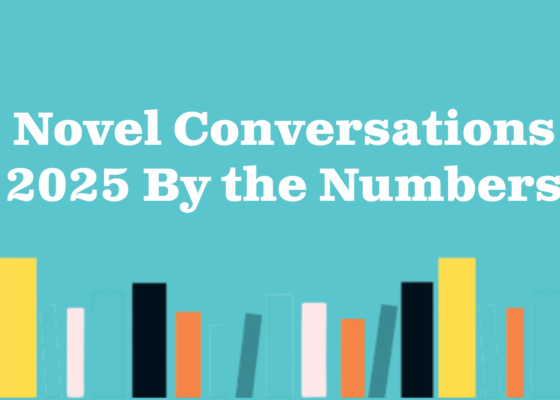How you innovate matters
May 6, 2013In many cases how you innovate can be equally important as to what you innovate. There are so many components to innovating, but I think it’s vital that we are inclusive, collaborative and protective of our…
In many cases how you innovate can be equally important as to what you innovate.
There are so many components to innovating, but I think it’s vital that we are inclusive, collaborative and protective of our vision along the way. There are countless articles arguing that humans today are more selfish than ever before. This is a frightening suggestion for many reasons, but at the very least, being a selfish innovator hurts ideas and makes you less competitive and successful.
Let me take a minute to walk through my three requirements for being an unselfish innovator:
1. Be inclusive: We innovate for someone or something. It’s important to represent all types of users in a respectful and authentic way. The more audiences we consider, the more strategic (and creative) we allow ourselves to be.
2. Be collaborative: Sometimes in the creative process, we hear about organizations who keep their innovations to themselves for fear of someone “stealing” ideas. I think it shows security and insight to bounce ideas off others, include new groups in your process and allow the innovation to be adapted.
3. Protect vision: Like all things, we still need balance. Allowing everyone else’s ideas/input to change your entire concept and vision is usually not the best decision. One of my favorite quotes is from Henry Ford who said, “If I had asked people what they wanted, they would have said better horses.” Each person sees situations differently, and if we don’t respect our own creative and unique visions, we’ll never get any innovating done!
The final product is core to innovation, but let’s not forget inclusivity, collaboration and vision along the way.
In April and May, Indiana Humanities is exploring the topic of “innovation,” as part of its Spirit of Competition theme. This post was written by Kristin Hess, Communications and Program Officer for Indiana Humanities.


